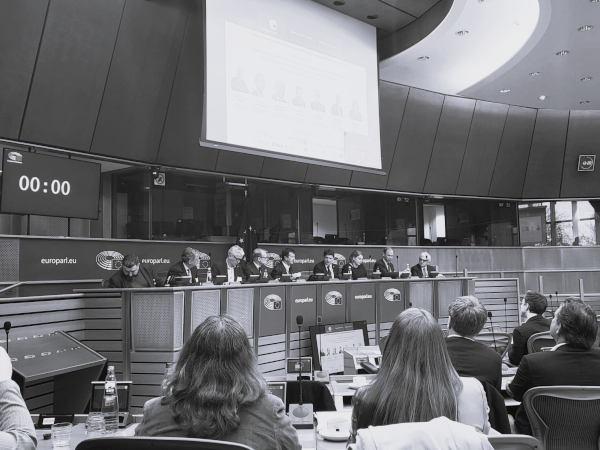Date: 30 October 2008
Now the tables have turned and the industry must change its game plan.
It’s particularly true of solar power projects, which are capital intensive and whose developers must hold the necessary collateral. While banks may be flush with cash after fresh infusions from the Federal Reserve Board, they are unwilling to lend it to those developers without proven track records and especially to finance those projects that are not backed by blue chip customers. To win financing, companies need currency.
And this is where the newly revised tax credits take on significance. Businesses with a tax liability are able to use those credits to offset the cost of projects while those emerging ones can take that money and offer equity stakes in certain deals. That cash is then used as a down payment on projects that can demonstrate stable cash flows.
“Banks won’t be willing to roll the dice on companies that are not established,” says Sam Logan, president of Logan Energy in Atlanta. ”There will be a winnowing in this regard.”
Solar companies are one of the beneficiaries of the $700 billion financial rescue package passed and signed into law in early October. They will receive an eight-year extension of the investment tax credit that had been set to expire along with the other renewable credits at year end. Specifically, any resident, business or utility making a solar installation will receive a 30 percent tax credit.
Solar energy has been a darling in the clean tech segment. In 2007, Forbes magazine says that solar energy start-ups raised $600 million new investments in 39 deals. Such capital is the lifeblood for any promising technology or industry. The goal is to leverage technical, production and marketing know-how in an effort to become more efficient. That’s been the trend not just among solar producers but also other renewable sectors.
Now that the solar industry faces higher capital costs, its expansion plans may be jeopardized. The Solar Energy Industries Association notes that Germany’s solar energy start-up Schott Solar has delayed its initial public offering until cash is more accessible. Meantime, key lenders are extremely cautious, using any federal subsidies to shore up their balance sheets rather than finance new projects. Notably, Lehman Brothers, a big booster to renewable developers, is now bankrupt.
“A new tax equity market will need to emerge and finance the renewable energy projects now on the drawing board,” says Edwin Feo, co-chair of Milbank, Tweed, Hadley & McCloy’s Global Power, Energy & Utilities Group.
Inflection Point
To be sure, it’s not all doom and gloom. In fact, a number of underlying fundamentals bode well for the renewable sector in general and the solar industry in particular: potential climate change regulation, fossil fuel volatility and increasing mandates requiring that utilities incorporate more renewable fuels in their portfolio mix.
Indeed, the solar energy association says that a number of deals are now in the works, pointing to Sunpower’s announcement that it will begin hiring new workers since the passage of the tax extender package and to SunTech America that just announced three ventures. The China-based company just put out a public statement saying that the U.S. is on the cusp of “enormous growth.”
“Things might be a little tighter than they have been,” says Monique Hanis, spokeswomen for the solar association.”But we now have an eight-year stable tax environment and as a result, we have a number of projects that will move forward. It appears there is still a lot of momentum but admittedly, it may be dampened.”
Just how much will it rain on their parade? The most rudimentary dynamic in that equation is the mindset of the American people, who have certainly been exposed to fears centered on global warming. People have shown they are willing to save energy when electricity, natural gas and oil prices reach record levels. After all, at $140 a barrel of oil, it is a necessity for many. But it is less certain they will conserve at $65 a barrel.
“What is the inflection point where we stop worrying about energy alternatives?” asks Scott Livingston, head of the Livingston Group, a division of Axiom Capital. “Society is now challenged to see just how green it can be.”
Read the full story.















Add new comment